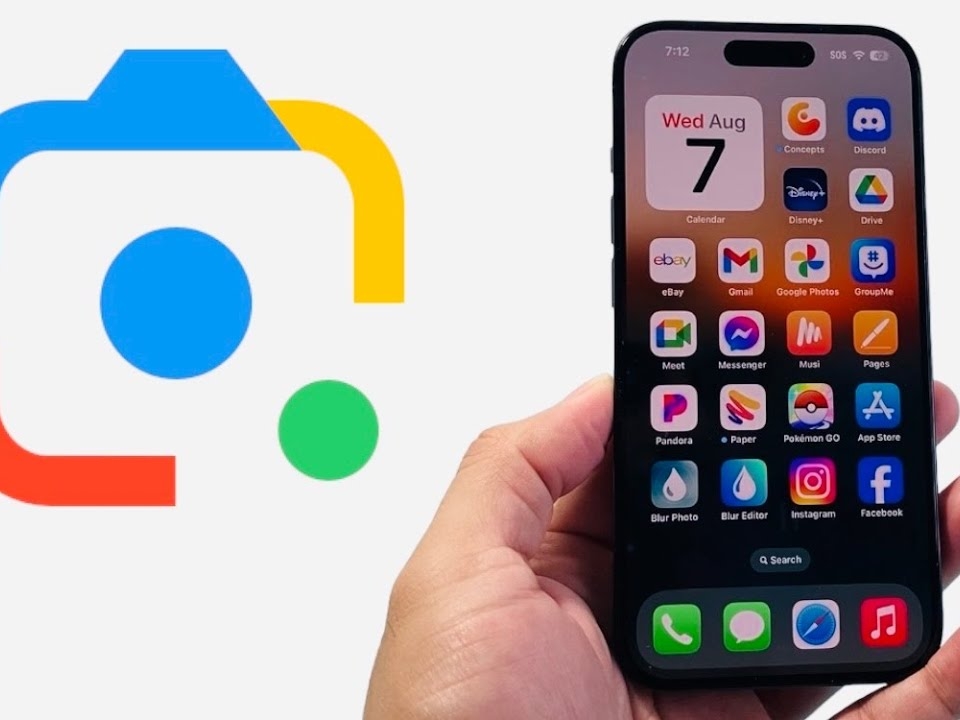AI’s influence on marketing and business is undeniable. Recent studies from IBM and Barclays reveal that 80% of professional tasks will soon integrate AI technology. Beyond reshaping workflows, this revolution is poised to increase business value substantially, potentially by up to 17 times for companies that achieve successful AI integration. Explore our AI Integration Services for insights into enhancing business value through AI.
Key Applications of AI in Marketing
Content Creation Transformation

Generative AI is transforming content creation, with 75% of CMOs planning to use it by 2025 for tasks such as article writing, infographics, and email campaign management. While AI brings efficiency, human creativity remains central; marketers are learning to use AI as a tool to create more personalized, impactful content. By 2026, 80% of creative roles are expected to incorporate AI in daily tasks, marking a shift in skill sets toward collaboration with technology. Hyper-personalization, a priority for 42% of marketing directors, enables large-scale custom content production.
Content Creation Transformation

AI is also reshaping customer engagement, with 86% of CEOs predicting revenue growth through personalized customer experiences. With AI, marketers can generate detailed customer profiles and deliver tailored content and offers. In fact, 64% of marketing directors plan to use generative AI to customize content within the next two years, indicating a shift toward more individualized customer connections.
AI and Hyper-Personalization: The Role of Quality Data
Achieving hyper-personalization, a major goal in modern marketing, requires high-quality, relevant data. Often underused within organizations, these data resources are essential for optimizing AI’s personalization capabilities. Companies leveraging this data effectively will gain a competitive edge in delivering highly personalized customer interactions.
Integrating AI into Marketing Teams
Successful AI integration goes beyond technology; it requires a cultural shift across marketing teams. Companies must foster AI literacy and adapt skill sets, balancing human expertise with AI capabilities to maximize marketing strategies’ impact.
AI is reshaping marketing by enhancing personalization, streamlining content creation, and improving customer experiences. As companies embrace this technology, those that strategically integrate AI with ethical considerations will stand out in a competitive market, ready for a data-driven future.






